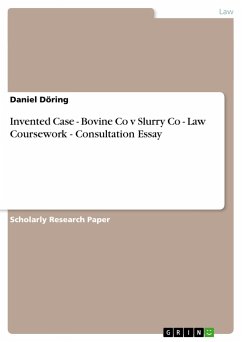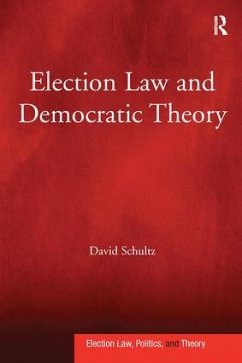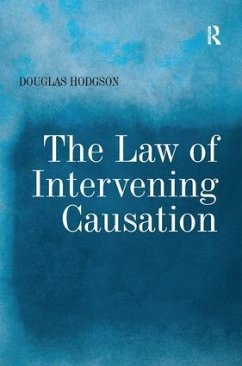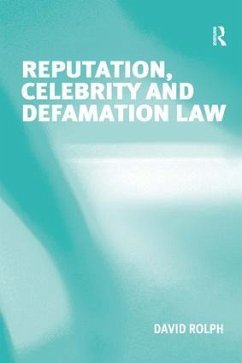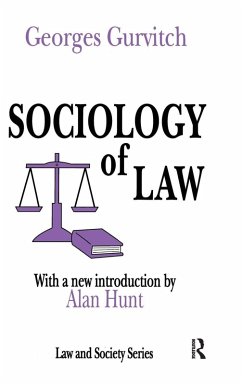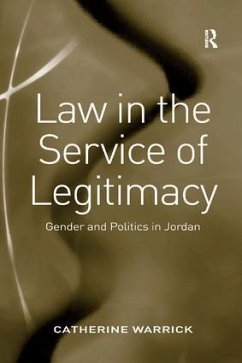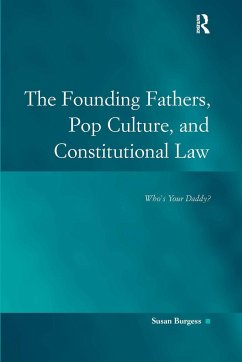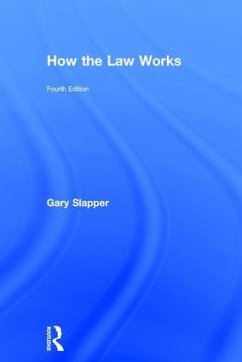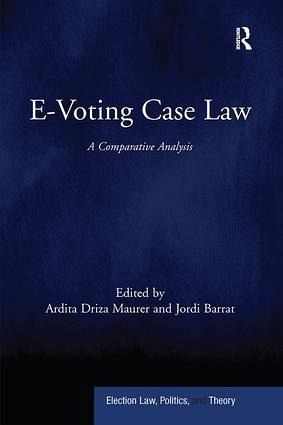
E-Voting Case Law
A Comparative Analysis
Versandkostenfrei!
Versandfertig in 1-2 Wochen
63,99 €
inkl. MwSt.
Weitere Ausgaben:

PAYBACK Punkte
32 °P sammeln!
E-voting is the use of electronic means in the casting of the vote at political elections or referendums. This book provides an overview of e-voting related case-law worldwide and explains how judicial decisions impact e-voting development. With contributions by renowned experts on thirteen countries, the authors discuss e-voting both from controlled environments, such as voting machines in polling stations, and uncontrolled ones, including internet voting. Each chapter examines a group of country-specific leading judicial decisions on e-voting and their likely impact on its future development...
E-voting is the use of electronic means in the casting of the vote at political elections or referendums. This book provides an overview of e-voting related case-law worldwide and explains how judicial decisions impact e-voting development. With contributions by renowned experts on thirteen countries, the authors discuss e-voting both from controlled environments, such as voting machines in polling stations, and uncontrolled ones, including internet voting. Each chapter examines a group of country-specific leading judicial decisions on e-voting and their likely impact on its future development. Reference is made to emerging standards on e-voting such as the Recommendation Rec(2004)11 of the Council of Europe, the only international instrument on e-voting regulation, and to other countries' case-law. The work provides a broader, informative and easily accessible perspective on the historical, political and legal aspects of an otherwise very technical subject, and contributes to a better understanding of the significance of case law and its impact in shaping e-voting's future development. The book will be significantly useful to anyone with an interest in e-voting, in particular decision makers and officials, researchers and academia, as well as NGOs and providers of e-voting solutions.





